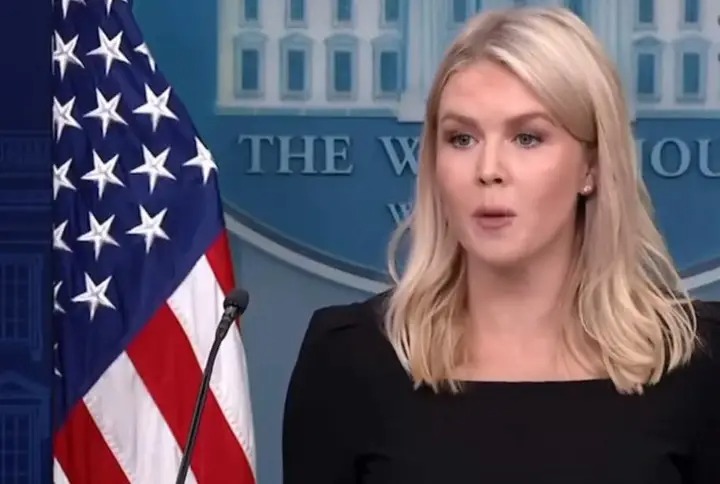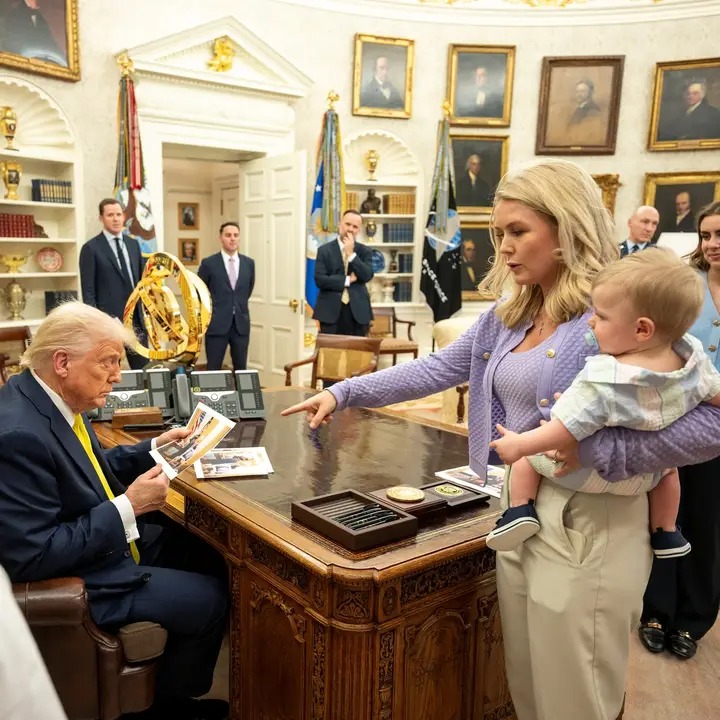In a significant development, Jim Jones, the Head of the FDA’s Food Division, has stepped down from his position. His resignation comes as a direct response to President Trump’s recent wave of dismissals within the administration. Jones, who has been a key figure in advancing the FDA’s mission, expressed deep concerns about the direction of the current leadership and its impact on critical public health initiatives.
Jones had been a vocal advocate for improving the health of Americans through targeted efforts to reduce diet-related chronic diseases and mitigate risks associated with chemicals in food. In his resignation statement, he highlighted his initial enthusiasm for driving the department’s agenda forward. However, he lamented that the new administration’s apparent disregard for the expertise and dedication of the professionals required to implement these changes made his continued role untenable.
The resignation underscores a growing tension between career public health officials and the current administration’s approach to governance. Jones emphasized that the success of the FDA’s initiatives relies heavily on the collaboration and commitment of skilled individuals. He argued that the administration’s dismissive attitude toward these essential personnel has created an environment where meaningful progress is nearly impossible.
This move has sparked conversations about the broader implications for public health policy under the current leadership. Critics argue that the loss of experienced figures like Jones could hinder the FDA’s ability to address pressing issues such as food safety and chronic disease prevention. Supporters of the administration, however, view these changes as part of a larger effort to streamline government operations and reduce bureaucratic inefficiencies.
As the FDA navigates this transition, the resignation of Jim Jones serves as a poignant reminder of the challenges facing federal agencies in maintaining their missions amid shifting political landscapes. His departure not only raises questions about the future of food safety and public health initiatives but also highlights the importance of fostering an environment where expertise and dedication are valued and utilized effectively.






